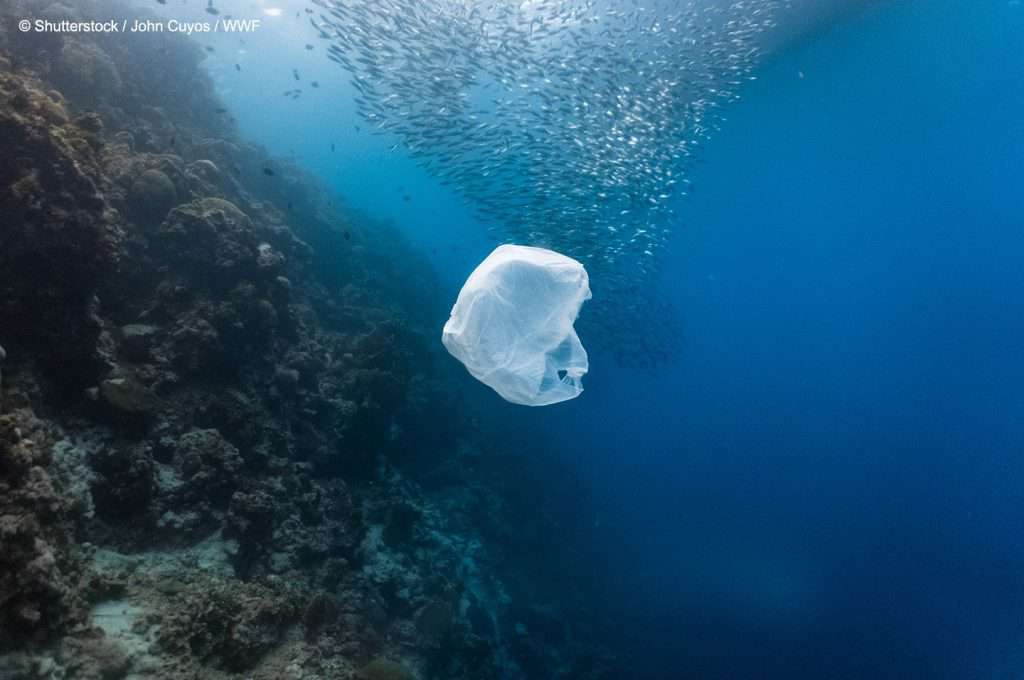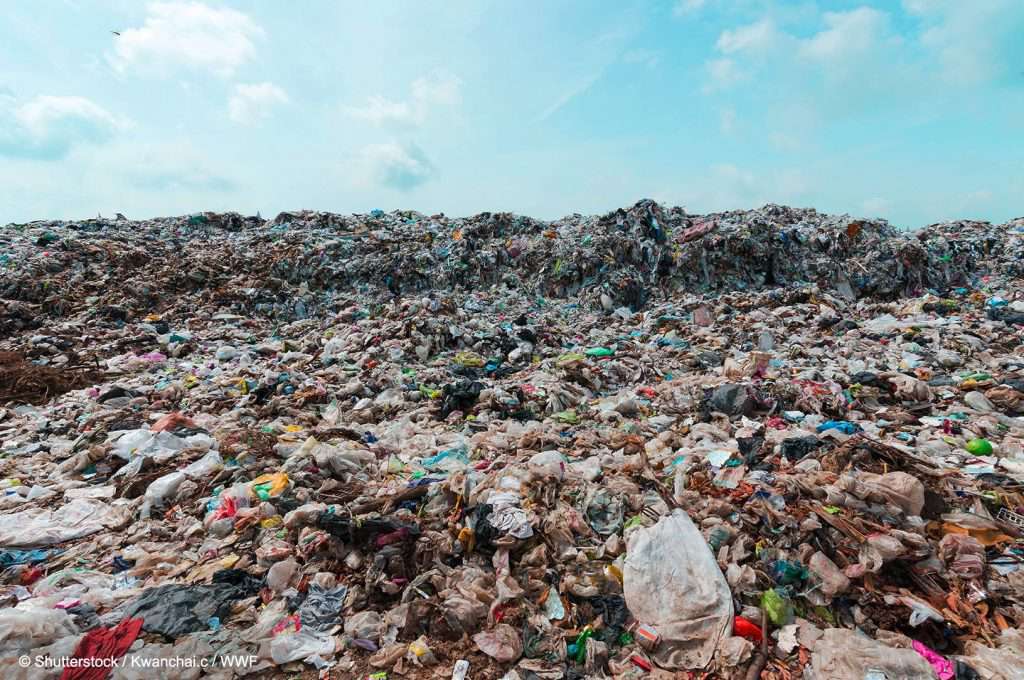These are the most polluted areas of the Mediterranean Sea
Change language:
The Mediterranean Sea is one of the most visited holiday destinations by Hungarian residents every summer, but unfortunately, tourists arriving at their favourite sea have to meet another guest: water pollution. According to WWF, nearly 570 thousand tonnes of garbage flood into the sea every year, which equals 33,800 plastic bottles/minute.
Forbes reported something must be done immediately; otherwise, the sea’s clear water would disappear by 2050. Almost 247 billion pieces of plastic can be found in the sea, and approximately 5 kgs reach the shores of Mediterranean countries. This phenomenon not only destroys the unique marine world, but each country has to deal with a massive loss of income from tourists; nearly 268 million EUR.
On the other hand, the massive amount of plastic and garbage also affects boats and ships. These vehicles need to be repaired more often as the pollution gets into its motors, causing extensive damage for its owners. Fishers also have to deal with the fact that the number of fishes started to decrease rapidly, and markets cannot serve seafood to local people and tourists.







